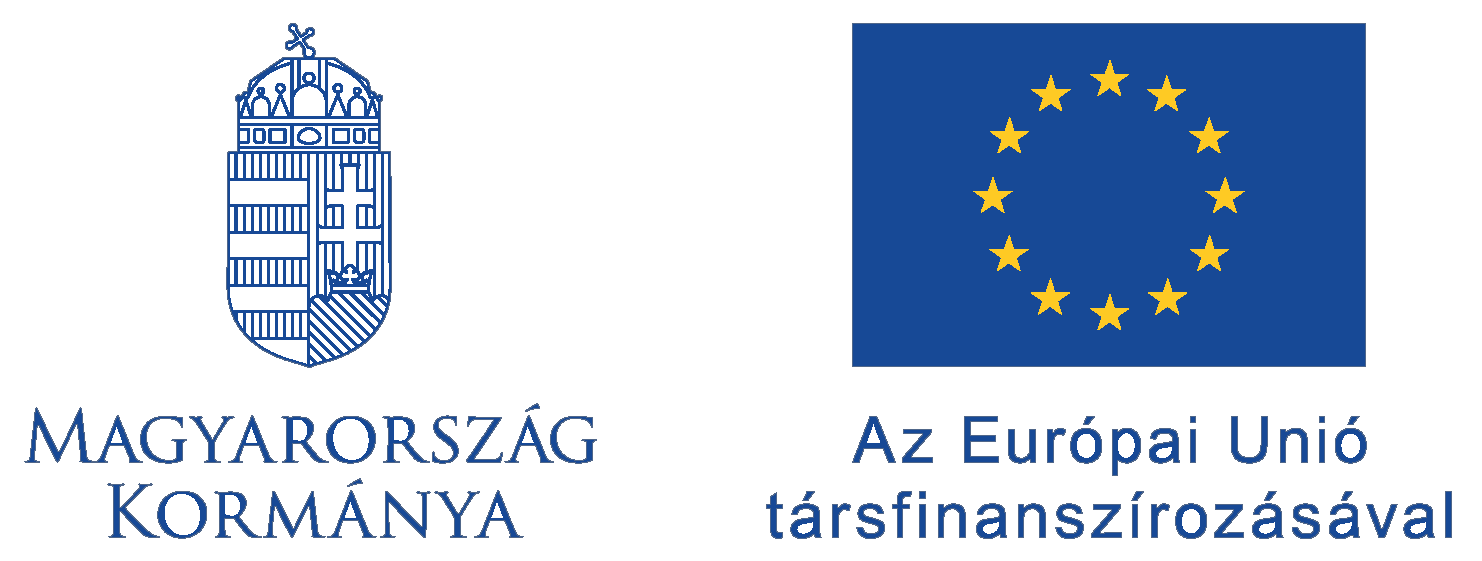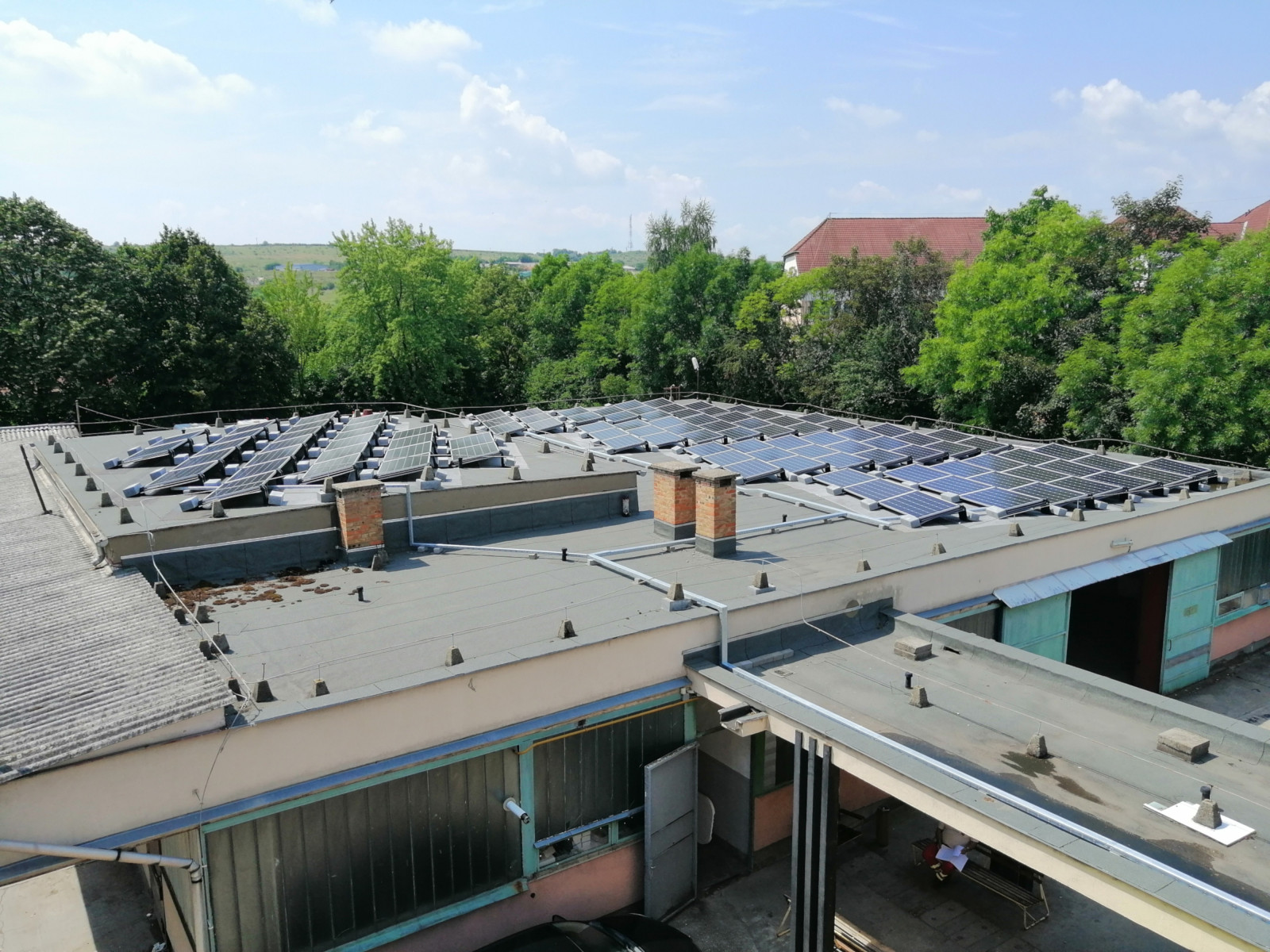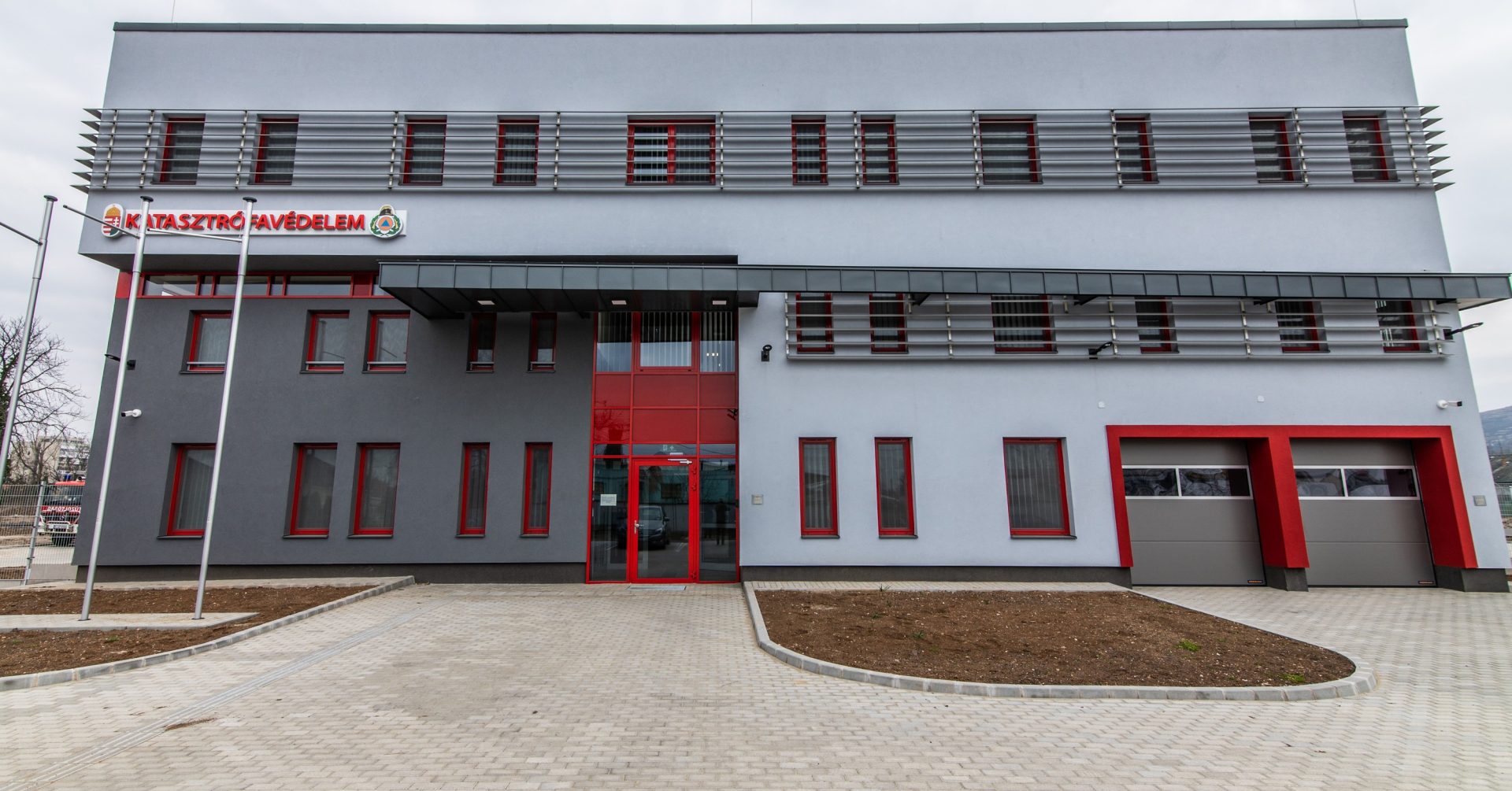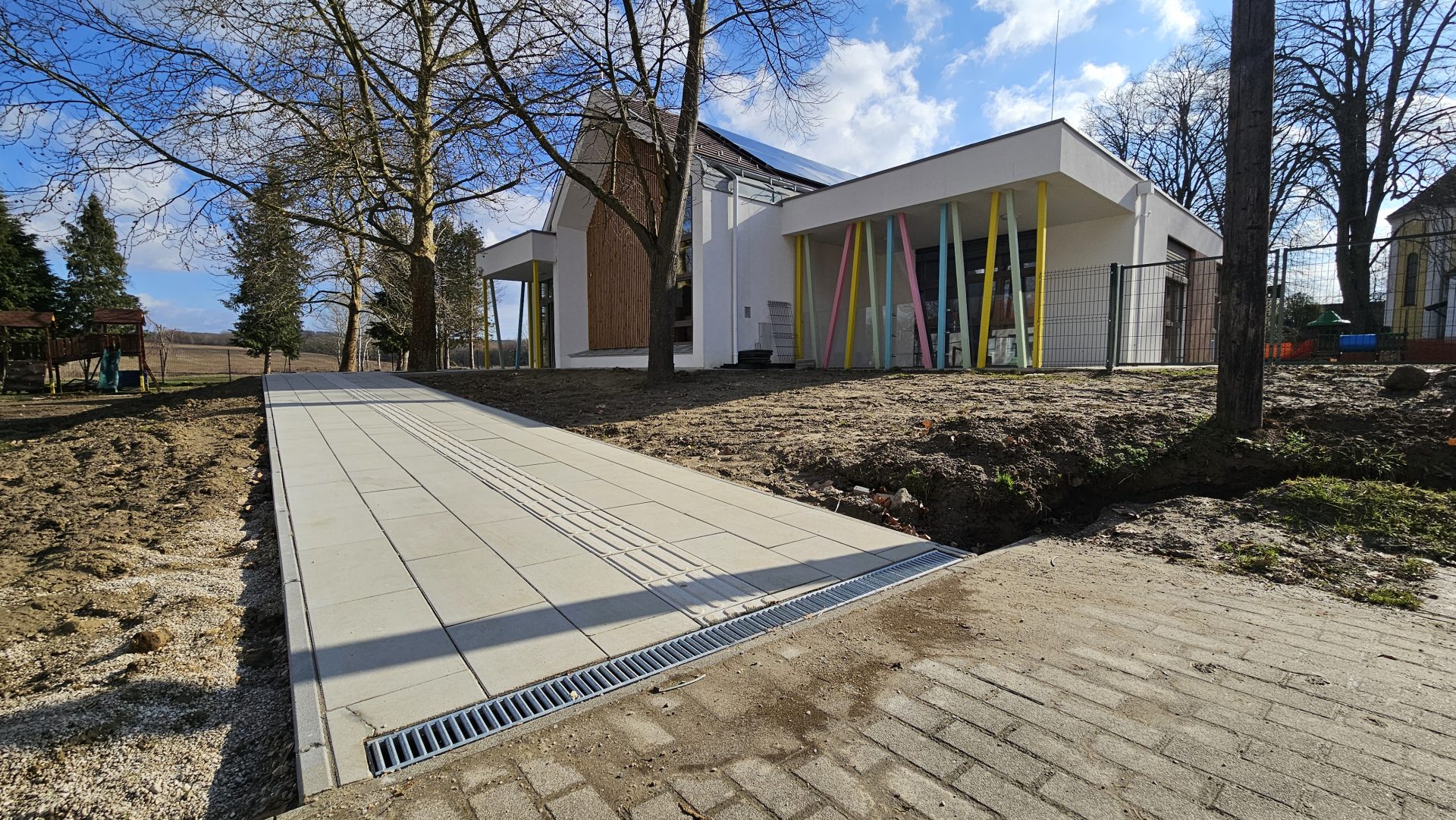Most of us only encounter the daily work of ambulance crews when we are in greatest need. Few consider that the Hungarian National Ambulance Service – operating as a unified organization since 1948 – is not only a leader in saving lives, but also increasingly emphasizes sustainability and environmental protection in its operations.
Thanks to an EU-funded project, state-of-the-art solar power systems have been installed on the rooftops of nine ambulance stations across the country, as well as on the central office building located on Róbert Károly Boulevard in Budapest. In addition to the capital, ambulance stations in Kaposvár, Eger, Miskolc, Kecskemét, Szekszárd, Szombathely, Tatabánya, and Békéscsaba have also been equipped with solar systems. A notable feature of the installation in Tatabánya is that it is a ground-mounted unit constructed with support structures specifically designed for the location. In total, more than 1,300 solar modules now generate electricity, resulting in significant cost savings for the institution’s operations.
The example set by the Hungarian National Ambulance Service clearly demonstrates that sustainability and modern healthcare services can go hand in hand. Environmental awareness is not a new consideration for the organization: it operates a nationwide, energy-intensive infrastructure, making the adoption of long-term sustainable, eco-friendly solutions especially important. With this investment, not only will the amount of purchased electricity significantly decrease, but the Ambulance Service is also contributing to global goals of increasing reliance on renewable energy sources and reducing greenhouse gas emissions. In the future, the savings achieved through this project could serve as a foundation for further developments, ensuring that ambulance crews can continue their vital work in the most modern and environmentally responsible conditions.
The development was implemented from EU funding in the project KEHOP-5.2.11-16-2017-00106 under the Environmental and Energy Efficiency Operational Programme.
Find out more about the project in the Project Finder:Details









